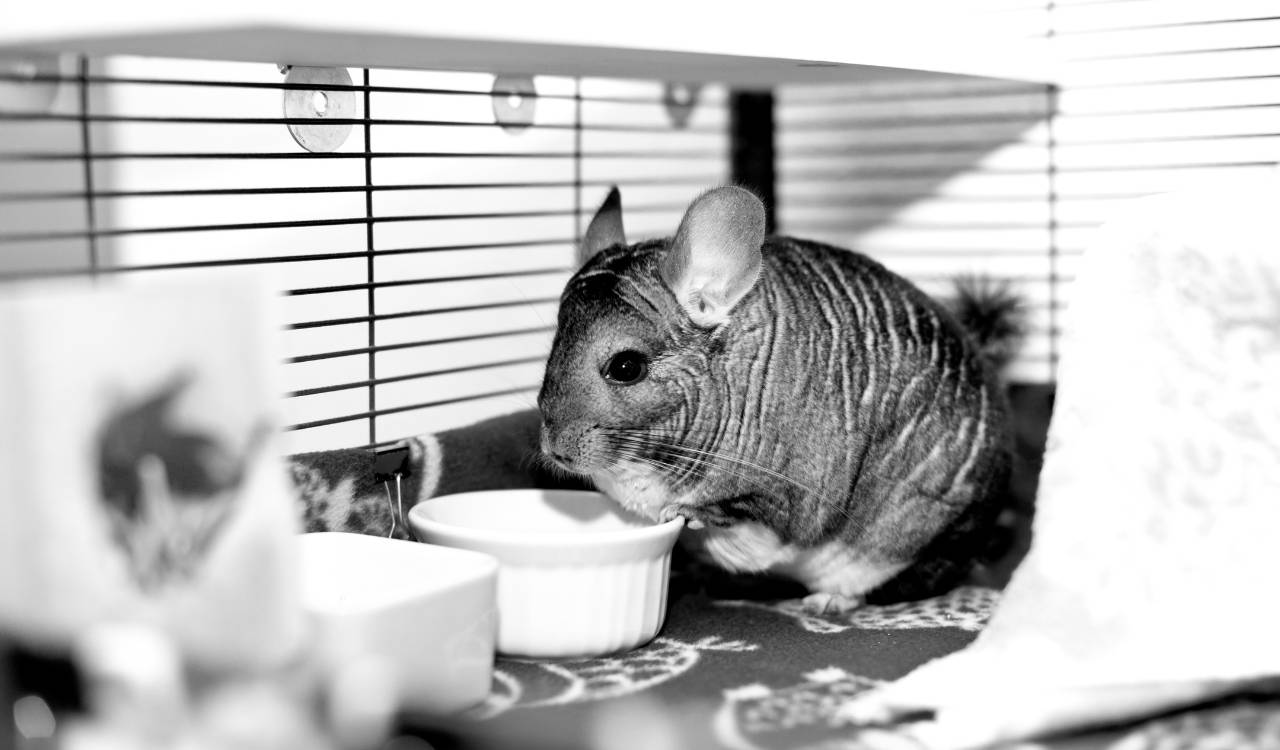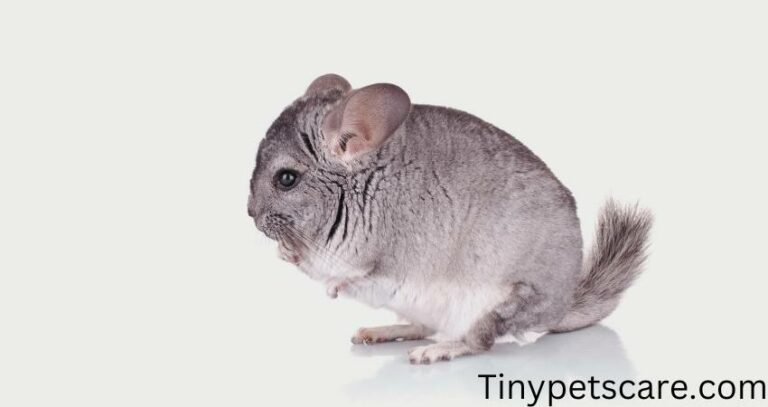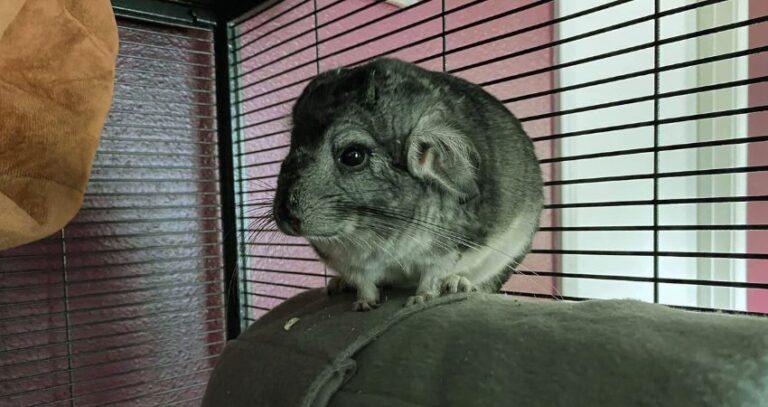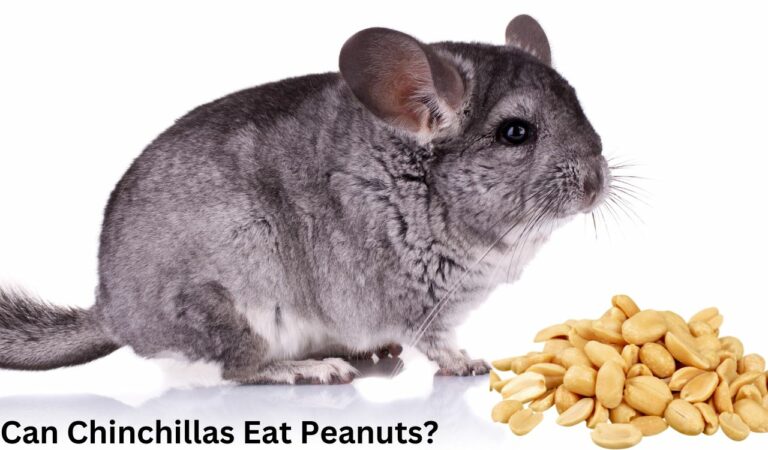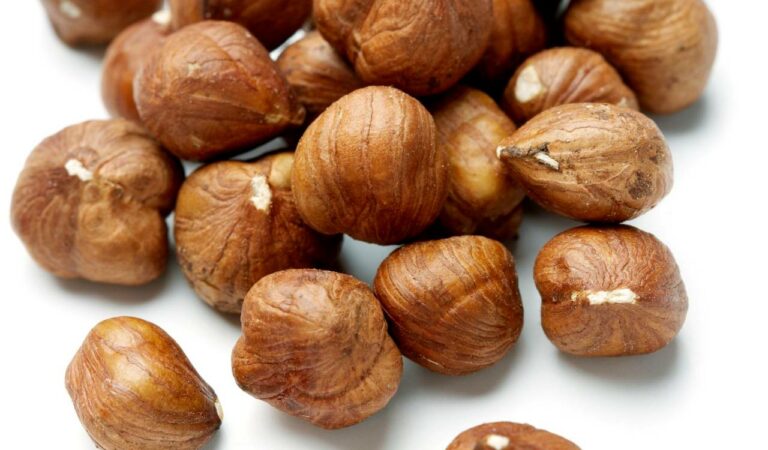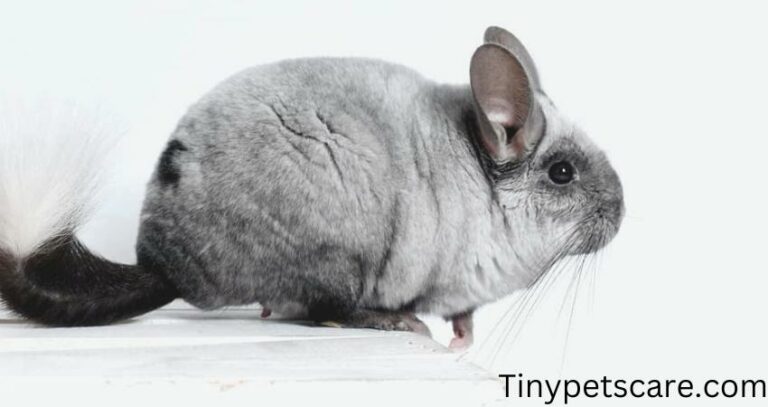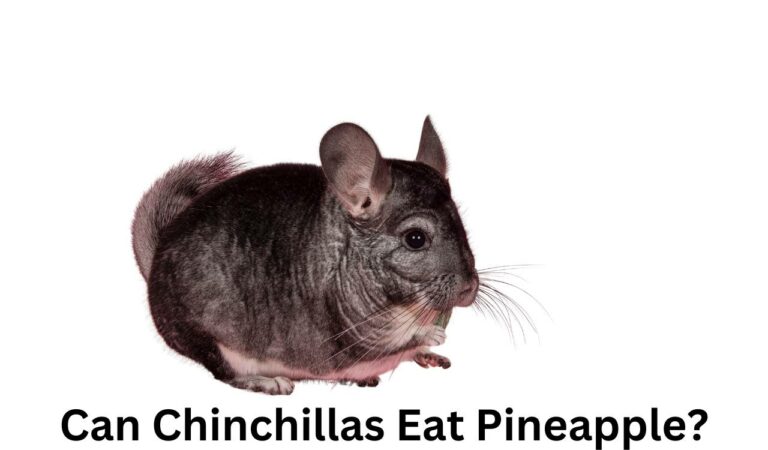Can Chinchillas Eat Avocado?| (4 Reasons Why)
Chinchillas are among the pets that are easy to take care of and are ideal for adults and older children. Their diet includes good-quality hay, grass-based pellets, and sometimes treats. But of the many fruit treats they can have, are avocados among them?
No, chinchillas cannot eat avocado despite its numerous nutrients and minerals. This fruit contains persin, an oil-soluble fungicide that can be toxic to them. Persin can cause digestion problems and the worst case, kill your pet chinchilla.
The article covers more information on avocados as part of chinchilla’s diet. Read on to learn about the potential risks of feeding them this fruit.
Why Can’t Chinchillas Eat Avocado?
As mentioned above, chinchillas cannot eat avocados due to various health problems the fruit can expose them to. Understanding the natural habitat and diet of chinchillas can help you understand better the foods they can eat.
Chinchillas live on rocky slopes in the Andes Mountains in South America. Some countries where these rodents live include Bolivia, Peru, and Chile. In these areas, they survive at elevations between nine and 15 thousand feet.
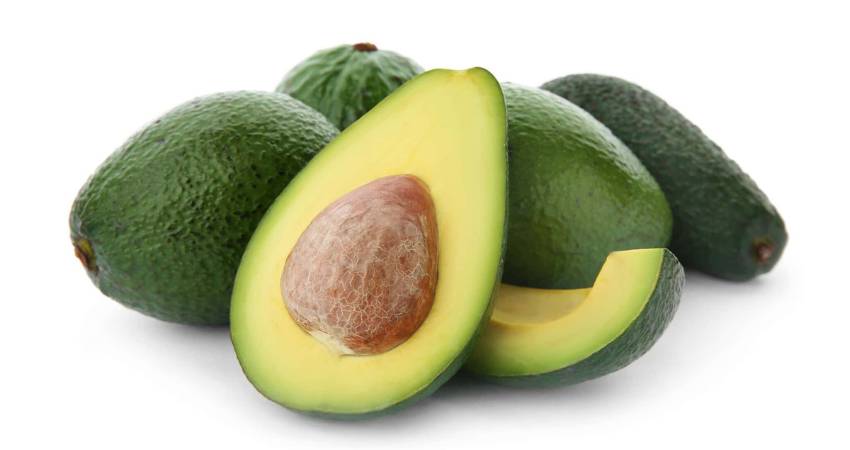
Chinchillas’ diet includes grass varieties, like “Stipa chrysophylla “and “Nasella chilensis“. They also eat twigs, roots, stems, and tree bark and occasionally feed on bugs and insects.
As you can notice, these foods are dry and don’t include fruits, except wild berries, which they occasionally eat. With chinchillas having this strict diet, most fruits eaten by humans can easily cause indigestion, among other health problems of chinchilla.
However, since some fruits, like goji berries and papayas, have dried versions, they are considered exceptional. However, avocados should not be eaten, whether dehydrated or fresh.
Risks of Feeding Chinchillas Avocado?
Feeding your pet chinchilla avocados puts it at risk of developing various health problems. Avocado seed or pit, skin, and bark contain persin, an oil-soluble fungicide.
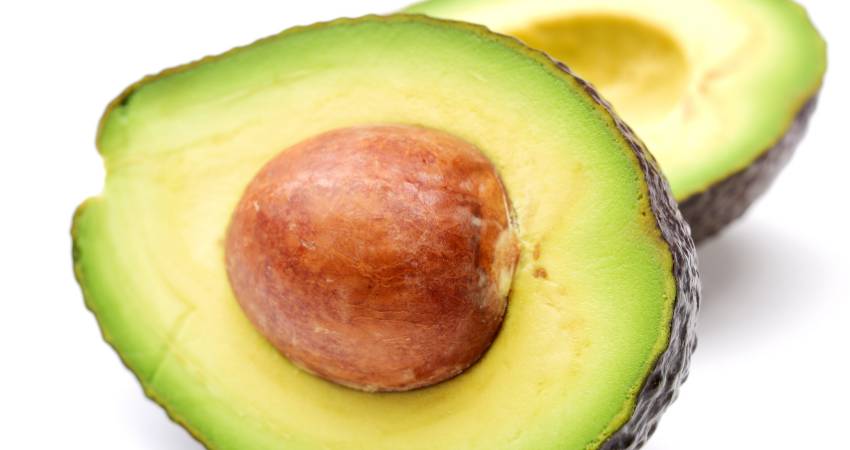
While this fungicide is toxic to most animals, recent studies show that it can kill breast cancer cells in humans. The effect is mostly much for the pet animals because they are small, and persin may be too much for them, compared to humans.
Some of the risks of chinchillas eating avocado include the following.
1. Indigestion Problems
One of the risks, if the chinchilla eats avocado, is digestive system issues. These digestion problems include constipation and diarrhea, which may require medical attention.
For one, about 80% of avocado fruit is water, and as mentioned earlier, these rodents prefer their diet dry. The pet needs about two ounces of water daily. The more water introduced to their system can cause bloating and a loose stool.
2. Poisoning
Poisoning is the other risk if a chinchilla eats an avocado, and it can also prove fatal if the pet consumes large quantities. Persin is the main toxic principle in the avocado.
A study from the National Library of Medicine on mice shows that more than 100 mg/kg of avocado can result in myocardial infarction (a heart attack). This may be the fate of your pet chinchilla if it eats enough quantity to warrant the problem.
3. Conditions and Disease
If the chinchilla luckily doesn’t die after eating avocado, it risks getting a disease or developing a condition. Avocados are known to have high-fat content. Facts show that, in 100 grams of avocado, 22 grams are fat.
This high-fat content can cause the chinchilla to gain weight, especially if the pet eats the fruit repeatedly. The pet can also develop diseases, like liver disease, caused by increased fat content.
4. Choking Hazard
If the chinchilla consumes avocado with its skin still on, it risks choking. The skin is tough, and if it doesn’t chew well to smaller chunks, it can be stuck in its throat, choking it.
Some avocados, like Pinkerton, have small pits, and if the pet tries to swallow them, it can also get choked. A stringy avocado with vascular bundles also poses a risk to the chinchilla.
What Should I Do If Pet Chinchilla Eats Avocado Accidentally?
There are several cases where pet chinchillas ate avocados without their owners knowing. These cases can be scary since the pet can eat much, and together with the skin.
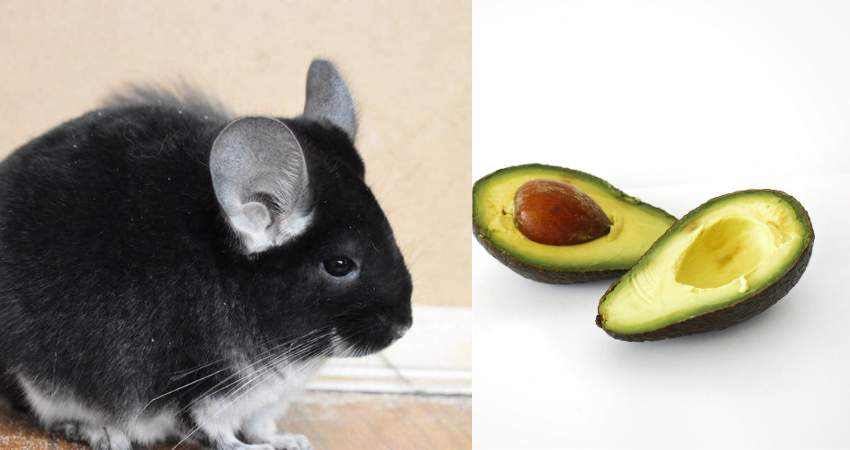
You can determine your next step based on how large of a portion chinchilla ate. If the portion is large enough that you can see the seed, the pet needs to see a veterinarian immediately.
However, if it’s just a few bites, the chinchilla should be okay. You can confirm this by observing it in the first 6 to 8 hours, which are most critical if the case includes poisoning. During these hours, you can closely monitor its behaviors for any signs of poisoning.
Some of the signs of intoxication to observe include;
1. Rapid or Labored Breathing
If your chinchilla is rapidly breathing or has difficulties breathing, the avocado may have affected it. Persin, the toxin in this fruit, can cause problems in the breathing system. In this case, the pet also needs a veterinarian’s attention immediately.
2. Drooling Seizure
If the chinchilla is salivating a lot, the toxins in the avocado may be affecting it. However, drooling is also a symptom of dental problems in chinchillas. Therefore, if your pet is known to have that issue, you can overlook the sign.
3. Seizure
Another common sign of poisoning in chinchillas is a seizure. Your pet may be poisoned if it seems to lose consciousness and has no other known health condition.
4. Temperature Rise
The temperatures of a healthy chinchilla are between 94.8 and 100.2° F (34.9 and 37.9°C). If you notice its temperature rising after consuming the fruit, it may have gotten poisoned and need immediate medical attention.
5. Bloating
If your chinchilla appears to have build-up gas in its stomach, the avocado may be causing indigestion. You can administer simethicone drops to release gas but keep an eye on how it behaves. Remember, the drops should not contain sugar, dye, or alcohol, which can affect the pet’s health.
If none of these symptoms are showing, and the chinchilla seems okay, you may have gotten lucky this time. However, avoid leaving these or any other fruits lying around, especially if the pet is out of the cage. Chinchillas are naturally curious animals and can eat things that can harm their health if not monitored.
What Other Fruits Are Toxic to Chinchillas?
While some fruits are safe for chinchillas, especially if they are low in sugar and fat, they cannot eat some at all. Any fruit that is high in water content and cannot be fully dehydrated is among the ones they can’t eat.
Also, fruits with high acidity and phosphorous content are among the few they cannot eat. Some of the fruits chinchillas should not eat include.
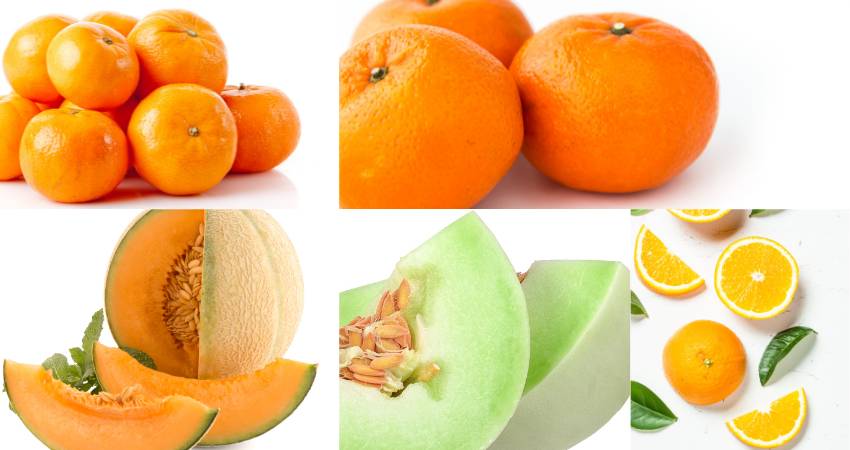
- Clementines: Clementines are citrus, hybrid fruits between a mandarin and sweet orange. They have high acidic content and are also sugary, which disqualifies them as safe for chinchilla consumption.
- Cantaloupe: Cantaloupe, also called rockmelon sweet melon, meaning they have high sugar content. This sugar content can negatively affect your pet chinchilla’s health, causing dental cavities.
- Citrus: Citrus fruit is also highly acidic and also has too high phosphorus and calcium contents. These minerals and the high sugar content can cause problems in the digestive tract.
- Mandarin Orange: Mandarin oranges are also citrus tree fruits that are highly acidic. This acidity, plus the high phosphorous, makes the fruit unfit for consumption by pet chinchillas.
- Honeydew Melons: Honeydew melons have high water, acid, and sugar content. Some types of fruits are also high in phosphorous, all of which are not ideal for consumption by chinchillas.
What Fruits Are Safe for Chinchillas to Eat?
Some of the fruits chinchillas can safely eat include
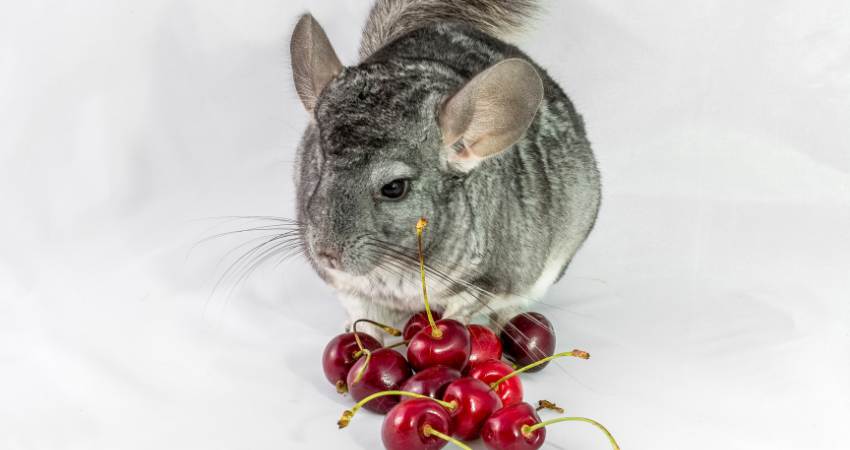
- Goji Berries: Goji berries are available as dried versions and are low in sugar. These qualities make pet owners wonder, can chinchillas eat goji berries? Yes, your pet can eat a few pieces of these fruits per week as treats.
- Dried Apples: Apples are rich in fibers and antioxidants, making them fit for consumption.
- Dried Papaya: If offered moderately, papaya can also make healthy treats for chinchillas
- Blueberries: The high antioxidant levels in blueberries make them ideal for consumption by these domesticated pets.
- Raisins: Despite the high sugar content, if offered moderately, raisins make good treats as they aid in digestion.
Some Parting Wisdom
Pet owners must be aware of the fruit types safe to offer their furry friends. Some are watery, acidic, and sugary, and in this case, high in fat content and contain toxins. Persin in avocados makes them toxic for consumption by chinchillas and should be avoided.
If your pet takes a large quantity of avocado without you knowing, consult a veterinarian immediately. You can also provide solutions, like gas drops, for minor symptoms like bloating, but keep an eye on the pet. The article contains more fruits you should not offer as treats to pet chinchillas.
